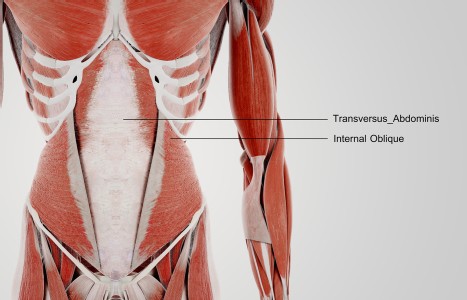TrA-2, my primary needle location, I needle 95% of the time and I think it works the best. You’ll know you have the right point location when you discover the muscle twitching when applying electric stimulation.
Hiring the Right Employees
One of the most difficult aspects of being in business is hiring the right employee for the job. The interview can help you determine whether a prospective employee is the right fit. Think of the interview as a tool to improve your business.
The Interview
Remember these key points when interviewing a prospective employee:
- Let the applicant do most of the talking. A common mistake is that the employer does all of the talking and not enough listening.
- Ask open-ended questions so the applicant can elaborate and you can learn more about the person. Ask questions such as "What did you like best about your last job?", "What did you like least about your last job and why?" and "Describe a difficult situation and how you handled it." Based on the interviewee's answers, ask additional open-ended questions.
Job Tasks
You should have an idea of which skills - verbal; mathematical; personal attributes; technical abilities; etc. - are required for the position. These requirements should be established prior to the job announcement. You do not want to hire someone to answer to telephones who cannot dial the phone or write a note clearly. Know what you are looking for in terms of minimum skills, as well as which additional skills are desirable.
Testing
Once you have established the job skills, consider testing these skills during the interview. If filing is important, pull 10 charts and ask the patient to re-file them. If answering telephones is important, do several mock phone calls with a message given every time. If data entry is important, give the applicant some data and time the applicant in completing the task accurately.
Appearance
Be clear as to the type of attire and grooming expected from an employee. A person's normal dress style may not be suitable for your patient population. To illustrate this point, consider my personal experience: a high school student wanted to volunteer in my office during the summer. I asked that he wear a collared shirt, pants without holes and shoes without holes. He did not want to give up wearing the jersey shirt of his favorite football team, so he did not work in my office.
Unfortunately, you never know how a person will perform until they get into the job assignment. For this reason, the introductory period for new hires has become essential. I use a 90-day period which the employee consents to and understands is a "feeling out" period for determining whether the employee and the job are a good fit.


